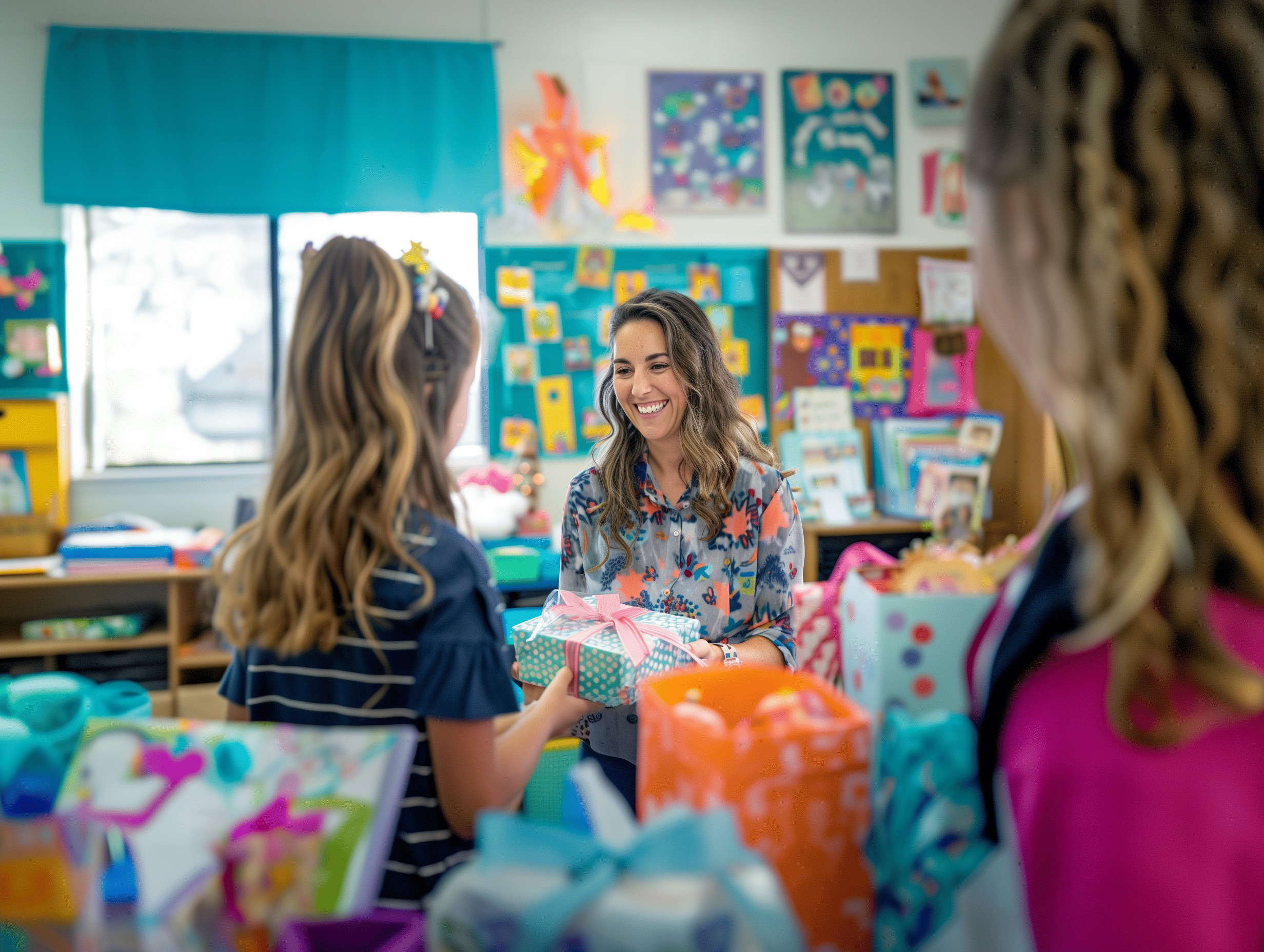| | | Differentiated Instruction and the Brain-Friendly Classroom, Virginia Beach Conference 2006 Beach Scene | Don't miss this extraordinary opportunity to learn from experts and enjoy the oceanfront! Sheraton Oceanfront Hotel, Virginia Beach, Virginia June 18-21, 2006 / / | Gayle Gregory Instructional Intelligence: What Good Teachers Should Know and Do (keynote) Differentiated Learning Styles Explore an instructional and assessment framework designed to promote the multiple competencies that learners need: functional literacy for phonics, spelling and reading: content-area literacy for vocabulary, concept attainment, and comprehension; technological literacy for information searching, evaluation, and synthesis; and innovative literacy for creativity, growth, and life-long learning. Learn strategies to: engage reluctant learners; provide what sub-groups need to thrive and succeed; pre-assess diverse learners for literacy skills, competencies, learning styles, and learning gaps; and implement a broad array of high-payoff and developmentally appropriate strategies to move all students to the next stage in their literacy learning. | | Gayle Gregory | Dr. David Sousa
| David Sousa Helping Students Become Better Readers Through Brain Science Come to this interactive session and explore the fascinating discoveries that brain scientists are making about how the brain learns to read. Hot topics will include suggestions for deciding how to select a scientifically-based reading program (Is there such a thing?) for beginning readers as well as how to help older students improve their reading skills in content areas. Educators in both elementary and secondary schools will find practical applications of this exciting research that can help all students become more successful readers. | | Marcia Tate Worksheets Don't Grow Dendrites (preconference) Have teachers ever complained that their students cannot understand or recall much of the content taught after a 24-hour period? It stands to reason that if students don’t learn the way we teach them, then we must teach them the way they learn! Experience 20 instructional strategies (based on brain research and learning style theory) that maximize memory and minimize forgetting. Worksheets Don't Grow Dendrites Have teachers ever complained that their students cannot understand or recall much of the content taught after a 24 hour period? It stands to reason that if students don’t learn the way we teach them, then we must teach them the way they learn! Experience 20 instructional strategies (based on brain research and learning style theory) that maximize memory and minimize forgetting. Increase learning for students when strategies like drawing, metaphor, music and storytelling are used to teach curriculum objectives and meet national standards. Explore research that shows why these strategies are preferable to others. Ensure that brains retain key concepts, not only for tests, but for life! This workshop has been called both professional and personally life-changing and lots of fun! | | Dr. Marcia Tate | Kathie Nunley
| Kathie Nunley Differentiating the High School Classroom: Overcoming the Obstacles Can high school teachers cover a huge content-heavy curriculum, follow the district text, prepare students for AP and SAT exams, use predominant lecture methodology, AND differentiate instruction? Absolutely! Best of all, you can have a good time doing it. Despite the obstacles the system may throw our way, differentiation can be done at the high school level. This session will provide practical and humorous suggestions that work in any high school situation. Help! I have more than one student in my classroom! Today’s schools and classrooms can be overwhelming in their diversity. The secret to success is establishing and maintaining more student-centered programs of learning. Based on current brain research, Layered Curriculum is one of the simplest ways to implement student-centered instruction. Originally designed for the secondary classroom, Layered Curriculum can be modified to fit any age group from kindergarten through adult ed. Simple, practical and easy to adapt, the model allows all teachers to differentiate their classrooms without sacrificing standards. The 3-layered model leads all students to higher levels of thinking while allowing success for even the most reluctant learner. This session will provide instruction and sample lesson plans. | | Robin Fogarty Brain Compatible Classrooms: The Rationale for Differentiated Instruction Parents, educators, and students are intrigued with the emergent knowledgeofhow the brain/mind remembers and learns. They want to know how to designmore brain-friendly classrooms and how to tap into the talents of the youngstersin their care. According to Carol Tomlinson (1998), “Three principlesfrom brain/science research - emotional safety, appropriate challenge andself-constructed meaning - suggest that a one-size-fits-all approachto classroom teaching is ineffective for most students and harmful to some.” Differentiatedlearning puts this brain science to work. Parents, educators and studentswant to understand the art and the science of brain-based learning and how itimpacts curriculum, instruction and assessment. They want the whole pictureof the human brain and how it learns. Using a palette of brain-friendlystrategies, participants learn how to blend the teaching/learning process intorich, rigorous and relevant learning for increased achievement. | | Robin Fogarty | Rita King
| Rita King Differentiated Instruction in Reading: Reading in Motion: Strategies that Work Many students in middle and high schools do not comprehend what they read. We know that there is no magic formula to use in developing effective, comprehending readers, but teachers can use specific reading gimmicks, tips, and tricks to create just enough magic in students' daily work assignments to give them successful reading experiences every day. This session will cover reading skills and strategies to teach phonics, word attack skills, vocabulary development, and comprehension using content materials. These skills can give students the tools they need to interpret, retain, recall, and apply information in all subject areas. With the right tools, all students can become effective and comprehending readers, eager to open their textbooks. This session will enable you to enrich the reading opportunities of your fluent readers and to give your struggling readers and non-readers the gift of reading. Differentiated Instructional Strategies for Writing In the Content Areas Writing tools enhance thinking and learning, and writing is today's active form of communication, with new electronic tools including; emails, messaging, and faxes. Students must know how to write, it is essential for their success. This session will provide writing strategies and activities that can assist students as they process information for long-term memory, test success, and everyday applications. Topics will include the latest research from early intervention through adult literacy; ways to create a classroom climate conducive to good writing; ways to assess, diagnose, and prescribe solutions to barriers to writing; and ways to implement both formal and informal writing processes across genres and content areas. Teachers can be encouraged to teach subject information while also developing learners who are successful, confident, and enthusiastic writers. | | All featured sessions are presented in an interactive, 3 hour workshop format! Registration is $449 per person President's Reception plus Coffee & Danish Breakfasts Included (For room reservations please call the Sheraton Oceanfont Hotel at 800-521-5635 or 757-425-9000) |



